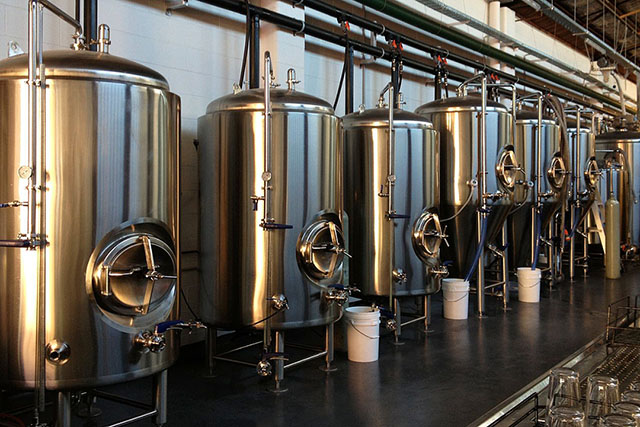
Just as important your water is to your beer, it’s also an important factor to consider when thinking of it for your brewery’s CIP.
Rudy Othmer of Enerco Corporation shared his insights at the recently Ohio Craft Brewers Association’s annual conference during a presentation on non-brewing water uses.
In cleaning typically, someone in another business may use a combination of mechanical pre-treatment solution and then chemical to clean up any remaining issues that are associated.
Water is the carrier for getting components of the cleaner to the surface that needs to be cleaned.
”When you think about your stainless steel tank and its microscopic impurities in the finish — when you look at your gaskets that are porous — the water will actually pour over that gap and not get to the surface due to its surface tension due to the water molecules wanting to be next to each other,” Othmer explained. “So a full-package cleaner is going to have additives in it to increase the wetting and lower the surface tension of the water and allow it to penetrate into the small areas which are the hardest parts to actually clean.”
Water is also used to dissolve and carry any additional soils away, he noted. The functions of water is not only to deliver the cleaner to the surface but to take the soil, the bacteria and everything else away.
Othmer pointed out that hardness in your brewery’s water will also have an effect.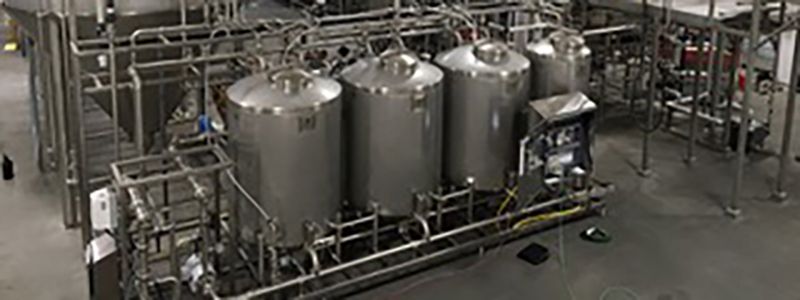
”If you have a low hardness of water that you clean with, you don’t necessarily need a lot of additives into your alkaline CIP,” he said. “If you’ve got high hardness water you want to use one that is built up and appropriate for those 200 ppm-plus applications.”
And although cleaning and raising is seemingly used in the same breath, it’s not the same. “While we can do some chemical treatment incorporated into the cleaner itself, for the cleaning stuff, we can’t do any chemical treatment for our rinse water,” Othmer said. “Any problems that rinse water is going to cause us, it needs to be solved with mechanical pre-treatment.
“Why can’t we put the additives in there? Because we’re using that water for rinsing. We want to not have — by definition — the chemicals in there.”
To mitigate a lot of the impurities, he added to make sure that you are lowering the temperature of the system from the cleaning step so that rinse water runs off the surface when completing rinsing as opposed to the water residue drying on the surface.
”There’s a slight difference on surface tension as it is reduced as the temperature goes up,” he said. ”The rinse water will not rinse the gaskets as well. We need to rinse cold because if we rinse hot, it will evaporate the water and leave behind all the other impurities. You’ll get water spotting and the little white residue et cetera.
”Typically your first rinse water in is going to heat itself up because your tank is hot. You don’t really have to start with hot rinse water but then you want to continue rinsing until your CIP is cooled off, to avoid that evaporation as opposed to runoff.”

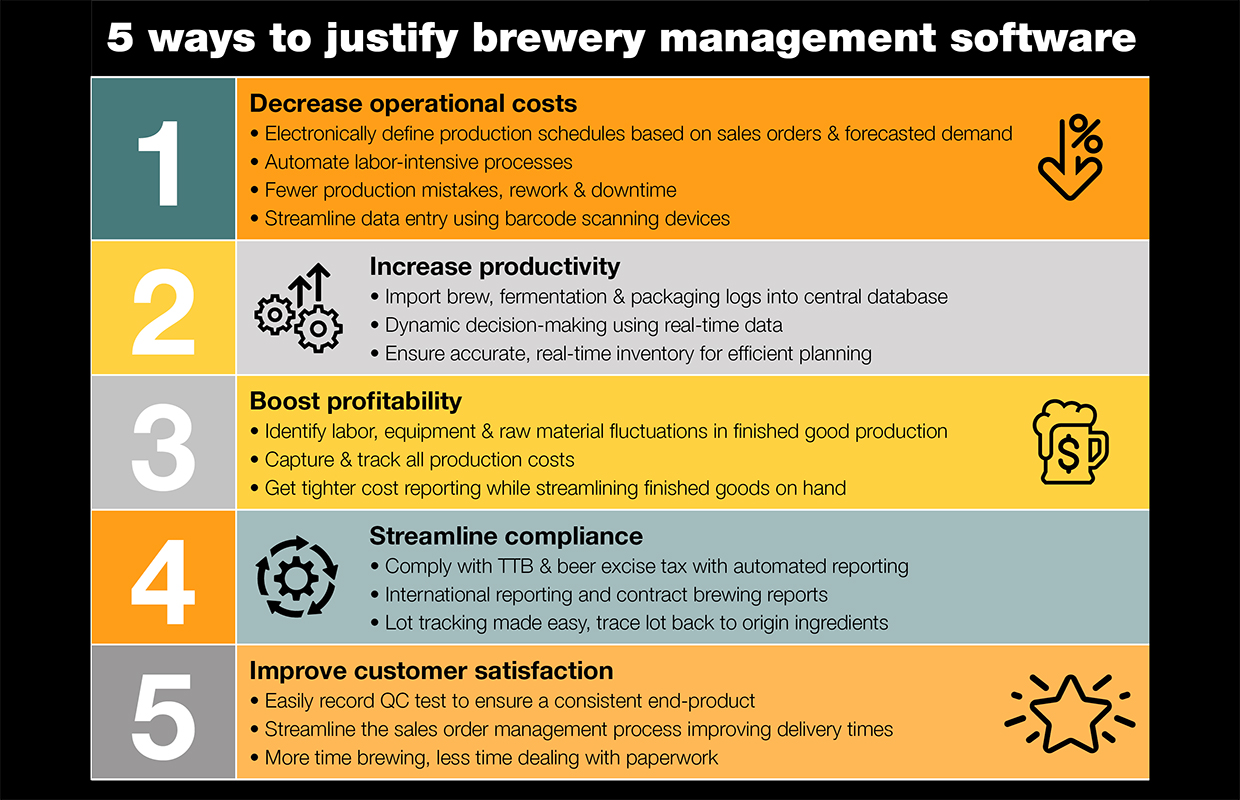
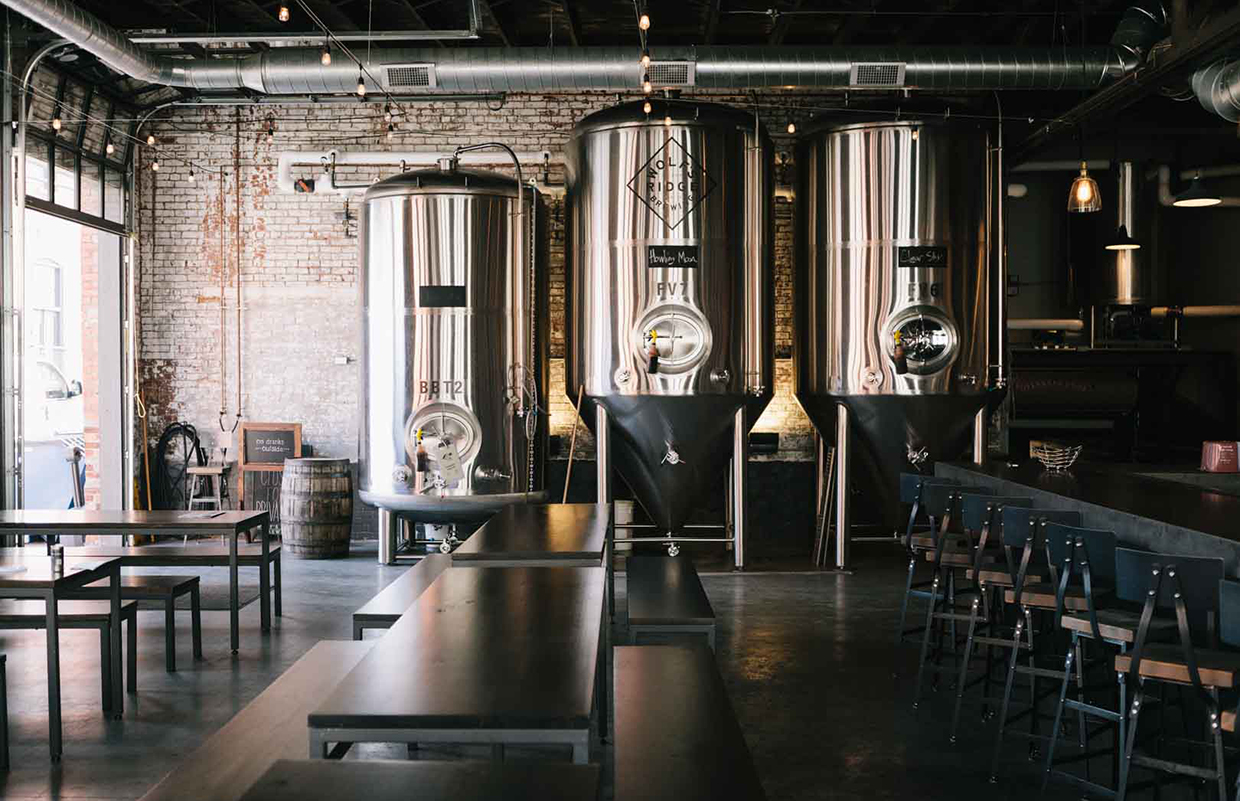
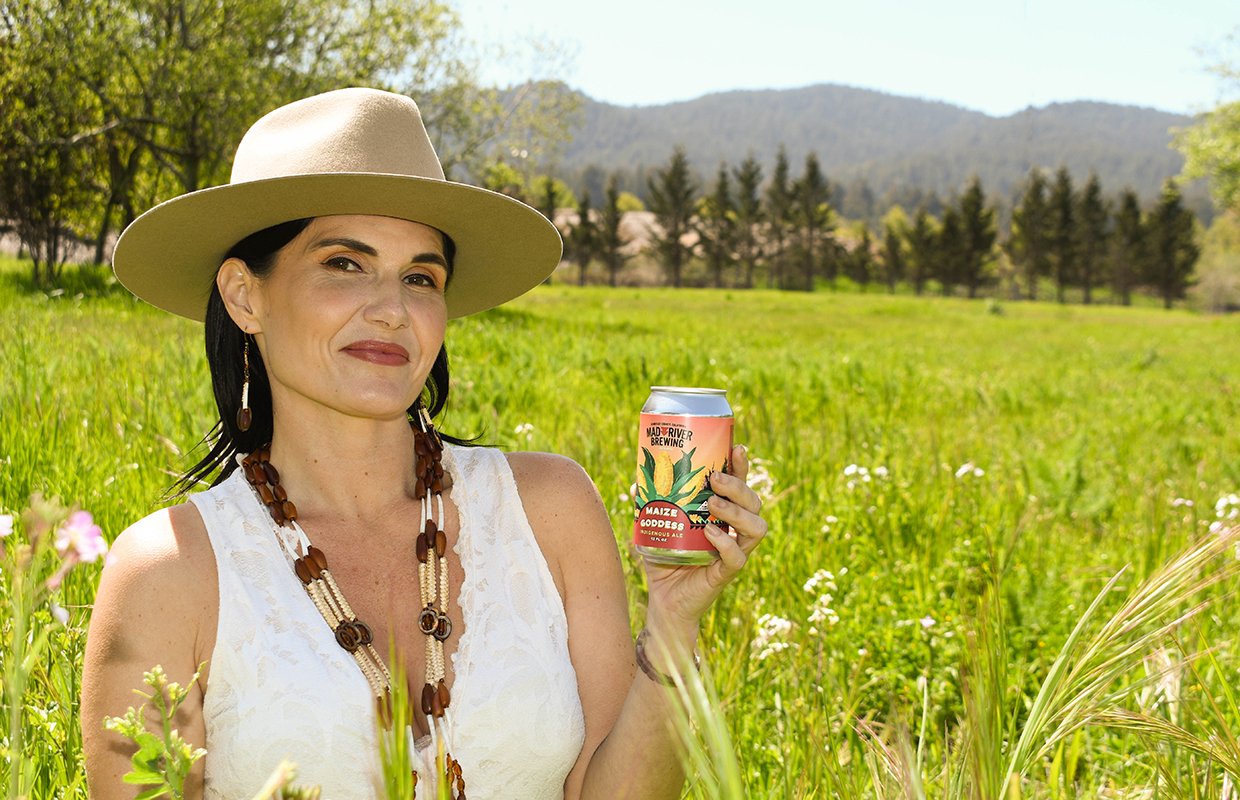
Be the first to comment